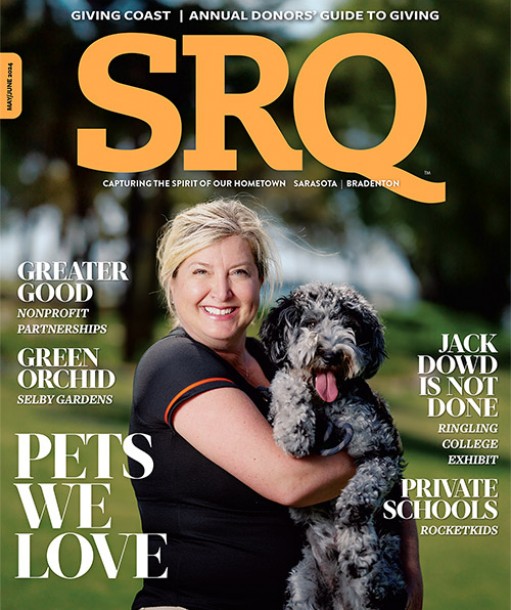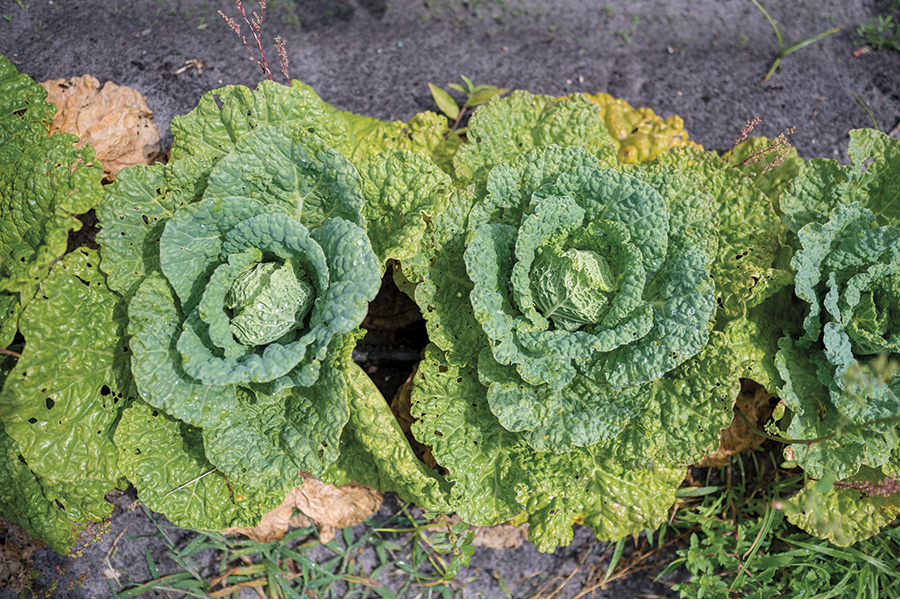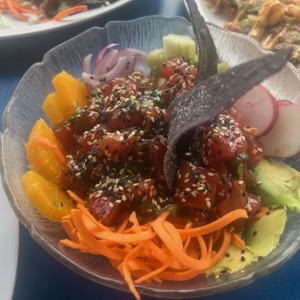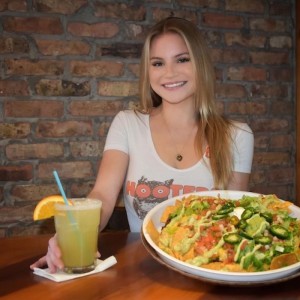For one special morning a week, farmers markets transform a few city blocks into a congenial public square of kinetic social energy, a direct experience of farm-to-table acquisition, a brief gathering of family and community. Strolling in the Florida sunshine, stopping to say hi to strangers’ dogs, co-workers and neighbors, chatting up friendly artisans at their booths as live tunes fill the open air. Maybe you grab some local honey from Myakka’s Gold Apiary for the allergies, a Venetian Coffee cold brew for the sleepies, a glazed Peachey’s donut for the munchies, a restock of Florida Sea Salt and Mazzone Olive Oil for cooking essentials and maybe another Prickly Petals succulent just because it makes you happy. By now, your hands are full with joyful provisions and groceries—until time to repeat again next week. But by mid March, every County’s Farmers Market canceled in the best interest of public health concerns to help flatten the curve of COVID-19. So, what now?
You may miss habitual jaunts to your local farmers market, but the vendors miss having you more. Manager of Sarasota’s Saturday Farmers Market Phil Pagano said, “It’s not easy for the vendors that rely not only financially on the market, but on the sense of family between each other.” Indeed, vendors earn a large slice of their revenue pie from the steady foot traffic markets inherently attract. Consequently, many scrambled to quickly respond to the sudden uprooting of direct-to-public sales and drastic loss of income. Phillippi Farmhouse Market Manager Fred Whitehouse pointed out that vendors are not employees, but individual business owners (not entitled to unemployment compensation). “They have been hit very suddenly and very hard by forced closures,” he said. “Their businesses are not a hobby, but their livelihood and primary income. They are family people with aspirations and bills to pay. They provide the public with so much sunshine and enjoyment. I hope we can now provide them with some.” In response to the statewide “safer-at-home” mandates, vendors immediately took to their social media pages to reconnect with their customers.
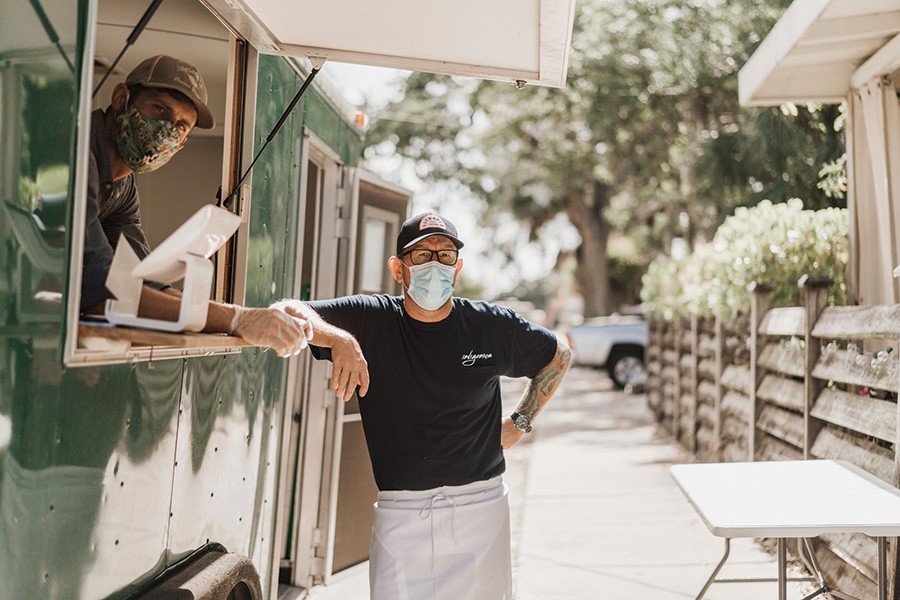
Owner and operator of Fermentilicious Sharon Juraszek lost two of her restaurant accounts and four of the markets. “Just like that, in the thick of season,” she lamented. “I was concerned—the community started to reach out, ‘How can I get your product?’” Reactively, she launched a brand-new web store for Fermentlicious in April, in addition to creating collaborative varieties of her fermented kimchis and sauerkrauts. The “cuke kraut,” for instance, is made with local cabbage from Honeyside Farms in Parrish and the cucumbers are grown at Homestead Hydroponic Farm in Myakka City.
“Fortunately, having good relations with other local purveyors saved us and gave us strength in numbers,” she said. One of those championing purveyors is Steve Phelps, chef and owner of Indigenous, who swiftly responded to the mass closures. “I think the Downtown farmers market missed an opportunity to capitalize on the paranoia of going to the grocery store,” he said. “And when it closed, these vendors had nowhere else to go.” Many of these vendors Phelps calls friends—working relationships he has built through his restaurant. Homestead Hydroponic Farms has been a source for Indigenous’ dishes for years, while Fermentlicious often appears on his weekly specials. With a cleared-out patio area and spare space for refrigeration, the restaurant became a perfect outpost for an intimate, outdoor mini-market. By implementing safe, sanitary guidelines, the natives banded together in an impromptu colony of local goods in the heart of Towles Court. Suddenly, Saturday morning rituals were back. Phelps even collaborated on items for sale such as a scratch-made salad dressing which sold out almost instantly.
“Out of our friendship and the necessity to maintain our business relationship, we were able to pull this off,” he said. Homestead was able to increase their sales by 30% almost immediately, and the initial response to the new collab was so strong, Wednesday mornings were added to the schedule. Grove Ladder Farm soon asked to join the party with their free-range chickens and eggs. Honoring no-contact protocols, the vendors only accept purchases made online ahead of time. “We can place the product directly into their trunk if they wish, so no human contact is necessary,” said Tim Clarkson, farmer of Grove Ladder. “Unlike at large conventional factory farms, our products are minimally handled, which is reassuring for many people.”
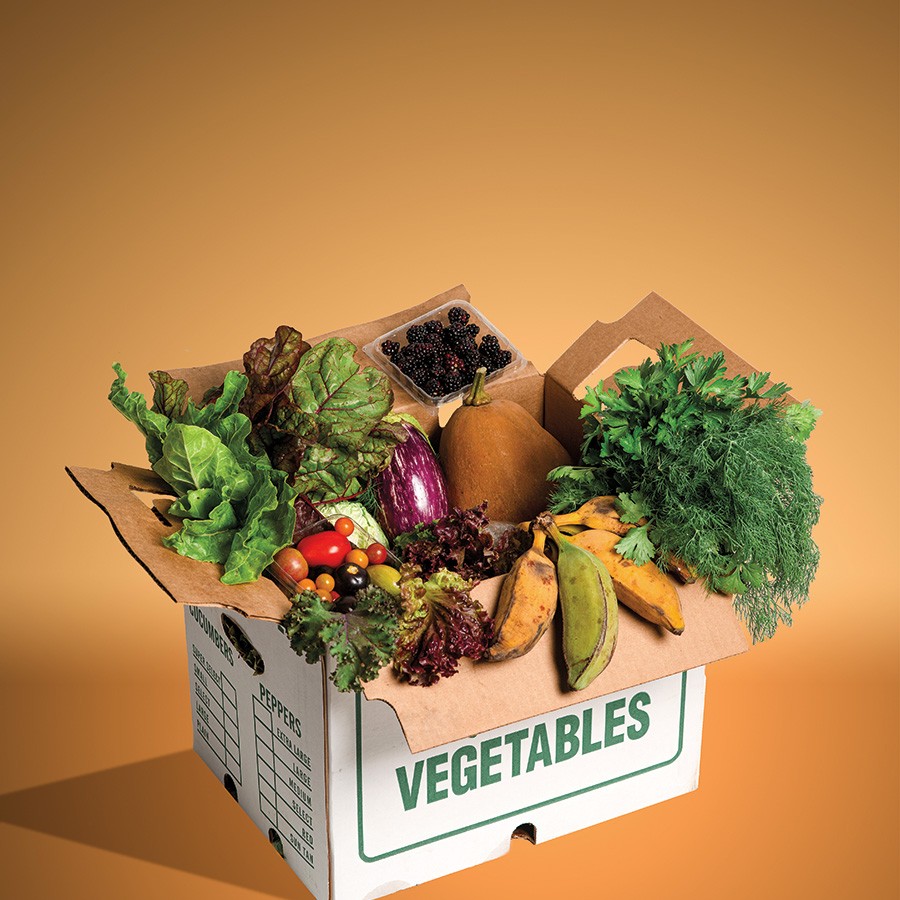
Phillippi Farmhouse Market ended its season a month early when county parks were forced to close. Many of the Farmhouse’s 50-plus specialty food vendors who ritually gathered at Philippi Estate every Wednesday—such as Glenn Family Bakery, Cuni Tuni Mediterranean, Honeyside Farms and Polpo Pizza Co.—also shifted their efforts to establishing their websites for e-commerce. “We had no choice but to adapt or we wouldn’t have made it through this. Period,” said Danni Bleil, co-owner of Polpo.
“We’re a catering company, and like many other businesses in Sarasota, we rely on the ‘season’ to bank and save for the slower months of summer. As of March 6, we lost every booking we had.” To avoid closing for good, Polpo set up an ordering system with curbside pickup, which has been “a lifeline and a game changer,” Bleil said. Early on, Polpo partnered with Mandeville Beer Garden to offer a convenient spot to grab your brick-oven pizzas and purchase beer to-go from MBG. “We are so grateful to our amazing customers who have shown up for us week after week. We cannot make it through this without them.”
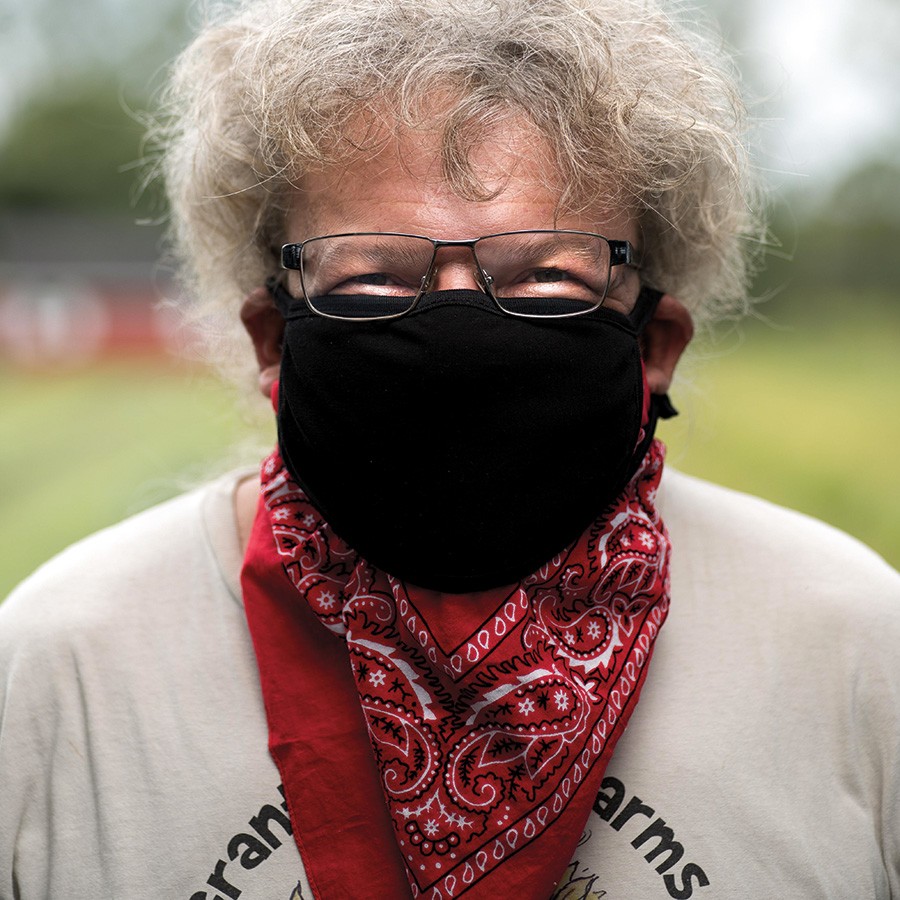
When the market at Lakewood Ranch suspended its season early, Main Street vendors like Pilar’s Empanadas Argentinas reacted by gassing up their family vehicles to deliver gourmet empanadas up and down the entire SWFL coast. Meanwhile, Sunshine Canning utilized the post office instead, running a special shipping offer of its sought-after small-batch jams. The Market didn’t skip a beat—providing virtual support by sharing all the vendors actively accepting online and phone orders. “The talented LWR Market management team worked hard to promote their vendors on social media, creating ways to continue to get their products to customers,” said Mitch Blumenthal, farmer of Blumenberry Farms. After being wait-listed for years for a space, Blumenberry Farms excitedly accepted the invitation to participate at LWR’s Market last November to provide their “super local” (five miles away), organically harvested crops.
“When they announced the closing due to the coronavirus, we scrambled to provide a valued weekly box of our produce,” shared Blumenthal. Just days after, Blumenberry announced to neighboring residents the offering of their certified-organic veggie boxes. “By the second week after the market closed, we were preparing boxes and earning enough to match, or exceed, our weekly income from the farmers market—choosing the content based on what was ready for harvest.” Customers were able to virtually grocery shop, clicking any assortment of locally grown produce they needed and picking up at any of the five designated locations. “Although we just finished our growing season, we look forward to seeing our LWR Market friends again, as well as offering weekly veg boxes to the community again.”
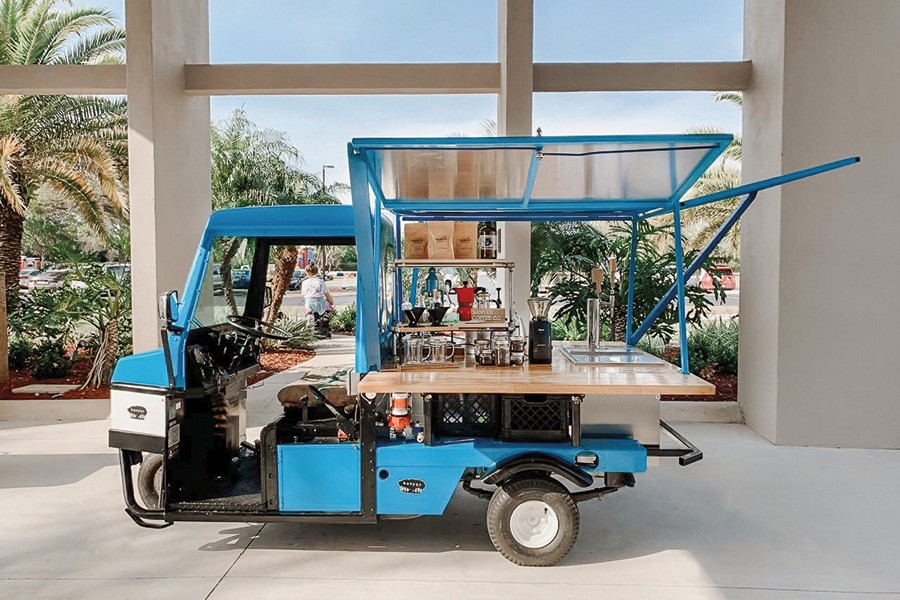
Gary and Maggie Balch of Maggie’s Seafood stand have been a go-to merchant for fresh-catch seafood at local farmers markets for over 20 years—partaking in and capitalizing on almost every single one in Southwest Florida. Since the market closures, Maggie’s has been taking online orders throughout each week until they hit 150. On the following Saturday, they set up pop-ups in two locations situated at their commissary in Venice and the Swim City parking lot in Downtown Sarasota. “The owners at Swim City have been just unbelievably generous in reaching out to us and letting us set up there,” the Balchs shared. Swimwear and seafood ironically seem to go hand in hand anyway. Maggie’s customers are delighted at the organized, numerical order system they’ve implemented in order to efficiently snag their fresh fish fillets right outside the boutique’s doors. “It has worked out fabulously for both of us, and all our customers really seem to like the setup,” they said. “We get them in and out quickly, parking is a breeze, and the location is just perfect.” The Balchs operated under strict CDC guidelines, sixfoot spacing, less than 10 people at a time, masks required. “All that said, it’s been a very pleasant experience in these otherwise troubled times.”
Taking a page out of the community co-op book is Englewood’s Vino Loco Wine & Tapas Bar, whose owners also operate the Dearborn Street Market just a block away. The unique wine shop launched a Friday mini-market through May, dubbed “May Gourmet,” and included vendors such as sirloin tip steak supplier Butcher’s Gourmet and the sweet challah bread bakers of Baca Bread. “The vendors we chose were food-oriented, local and organic,” said Joyce Colmar, Vino Loco’s managing partner. “They needed support and we thought it would be a way for folks to safely access quality items away from the big-box stores. We have two outdoor patios and set them up with clean, sanitized stations and safe distancing—it worked out very well.”
Meanwhile in Siesta, Abel’s Ice Cream summoned beloved market vendors to celebrate an unorthodox Memorial weekend in its parking lot for sweets and treat— including The Empanada Girl, Canopy Road Cheesecakes and Pure Nut Mylk. “My goal through it all has been to keep both my team and my customers happy, hopefuly and most importantly, safe,” says Steania Fochi, chef and owner of The Empanada Girl. “Adjusting as been both successful and fulfilling, given the challenges we were all faced with.”
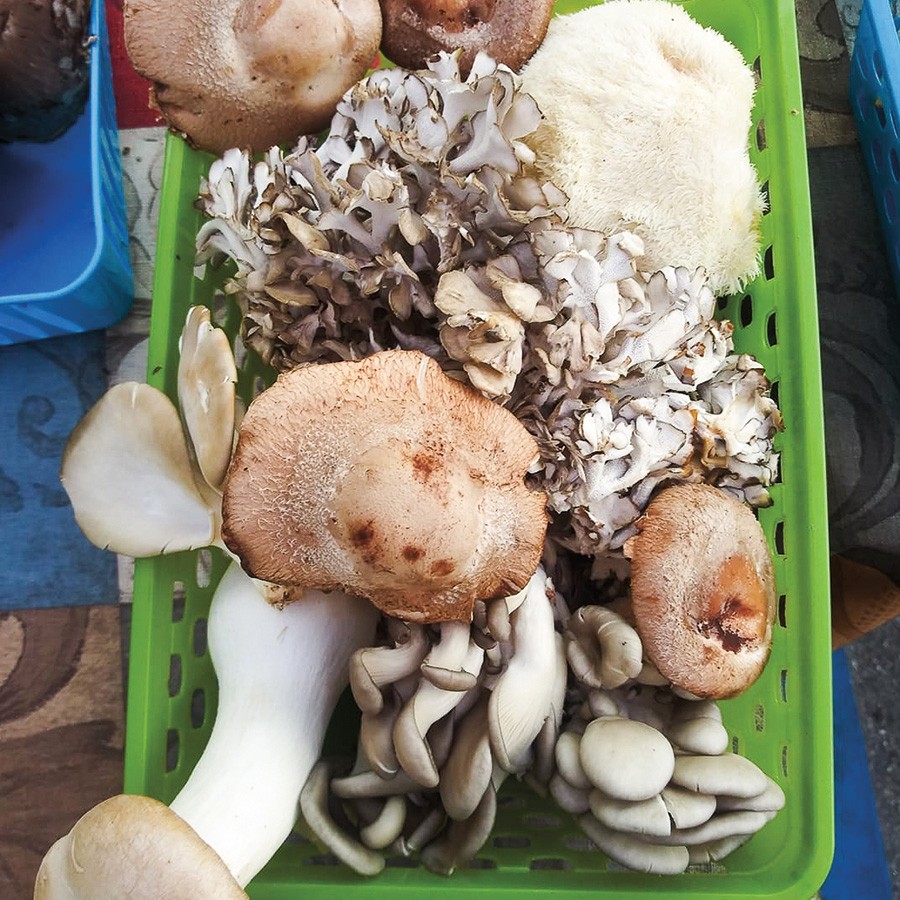
As Banyan Coffe Co. continues to offer free shipping on its freshly roasted bags of beans, it awaits to launch its new coffee truck for catering events and replacing a table for some wheels at the Bradenton Farmers’ Market when it returns. In the meantime, husband-and-wife owners Josh and Abbey Schmitt remain deeply appreciative of what the Market has done. “Our success stems from them and is still working today,” they said. “We are so glad they launched an online store for local vendors to join.” This online store was created so shoppers only have to hit up one site to access/order all their favorite Bradenton Farmers’ Market foods, instead of individually. Manager Peg Haynes of Realize Bradenton admitted they had no idea how they would manage the situation at first. “As it became apparent that we are in this for the long run, we began to look for a more permanent online solution.”
Bradenton’s orchid vendor Mason James happens to be a “web wizard,” according to Haynes, and offered to build a virtual store only a month after the physical market closed. Super-convenient and user-friendly, a full list of featured products is available to shop Monday through Wednesday. And thanks to Mindy Hill, owner of Angel Oak Cafe, the market is able to implement a downtown drive-through to pull up, pop the trunk and let volunteers load up. Hill also offered her venue for refrigeration—allowing the addition of Dakin Dairy products and other refrigerated foods to the online menu. “Needless to say, this all came together so quickly to benefit our community. Our vendors are nothing short of miraculous,” said Haynes. “We plan to continue the online market even when the physical market reopens.”
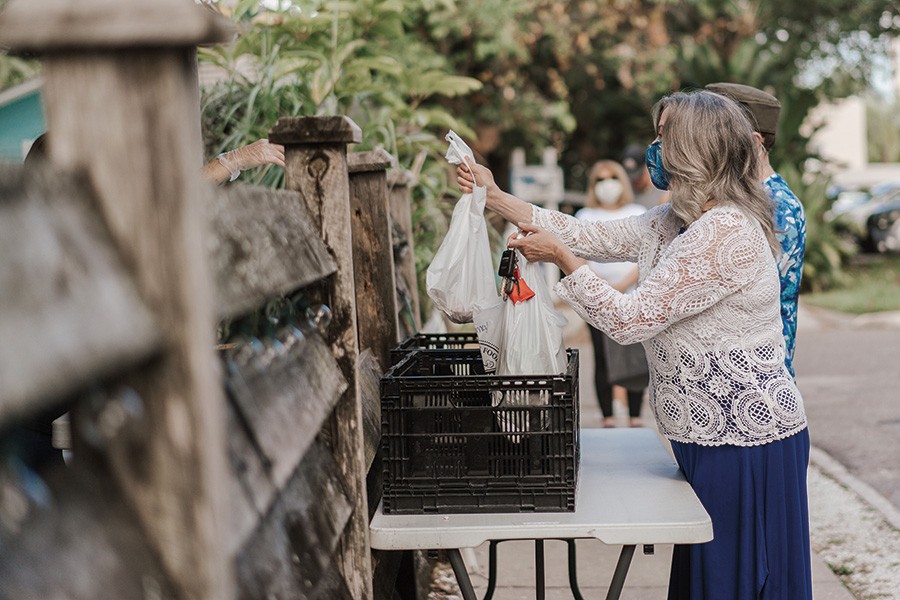
Market manager of Englewood’s, Venice’s and North Port’s Braves Farmers Markets Lee Perron, shares, “Immediately after closing the markets, our first efforts were to connect our customers with our vendors in order to find out how they could order produce and food products directly. Our vendor directory on all of our websites is a great tool, as it lists all vendors alphabetically by name, lists their products and contact info.” On the list is William Nelms—better known as “Philly Billy” of Mr. Fun Guy’s gourmet mushroom stand. Nelms resourcefully migrated outside of Earth Origins grocery store on Stickney Point Road every Thursday to sell his exotic fungi.
Another highly salable asset of multiple markets is Simply Organix, supplier of organic sprouts/microgreens, plant-based cheeses and probiotic kefir. Owner Katherine Jouan has been highly agile and active on the interweb—launching an online shop quickly in March as well as a Simply Organix e-newsletter, which includes updates from the sprout farm, farmers’ markets updates and some homemade recipes. Pickup orders are available at The Open Studio in Englewood each Saturday, where you can also find Arcadia’s Fresh Harvest Farm selling their heirloom Asian vegetables and fruits, and The Real Juice Bar with their homemade granola and fresh juices.
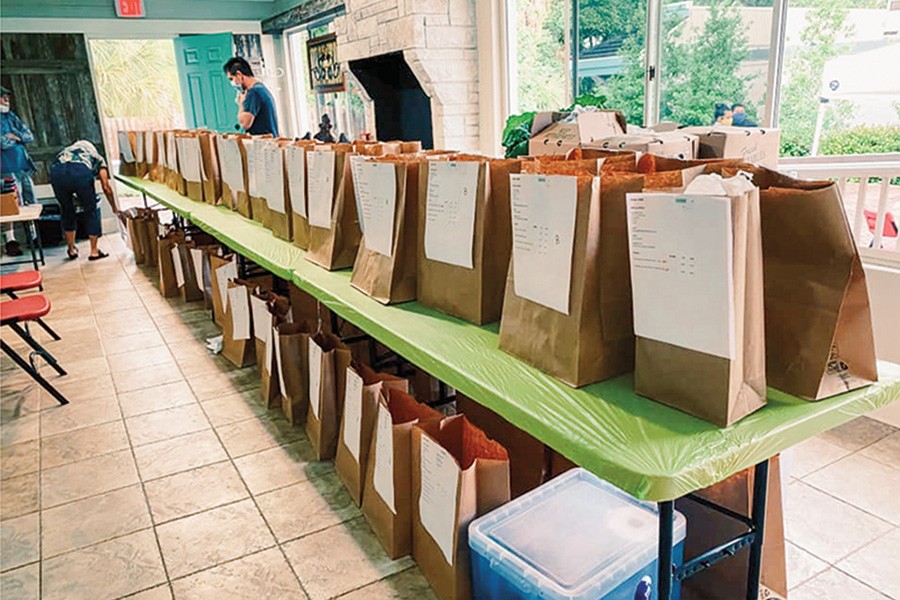
The year-round farmers markets are in continuous discussion with their designated city officials on the hope of resuming sometime this summer, with cautionary regulation, while the seasonal ones plan to reopen as scheduled in the fall. And though governments deem farms/food vendors “essential”—granting them the ability to have remained open throughout the unfolding of coronavirus and feed us the freshest of goods—the real saving grace for surviving has been the close-knit relationships they share with fellow operators of restaurants and retailers. Here, community trumps competition. And while we miss the energy and connectivity of the markets, our agricultural economy forges on. With the finest showmanship of customer loyalty and “support local business” mentality around, our favorite growers and makers are persevering through this turbulent, but temporary hardship. Local On. SRQ




